Highlighted
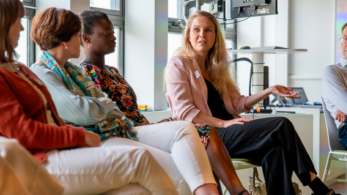
‘More is possible than you think’: stimulating Open Science and Recognition & Rewards
Greater transparency in science. Broader career paths. Less work pressure. A dynamic conversation at the Faculty of Social and Behavioural Sciences (FSW) focused on these goals. A unique research agenda was also presented to Rector Magnificus Hester Bijl and Dean Paul Wouters.
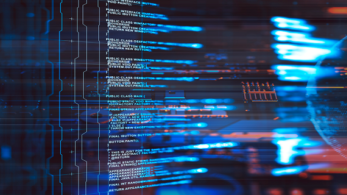
Conference on opportunities and dangers of AI: ‘Europe needs a daring vision’
The SAILS conference The Future of AI is Here (and Guess What … it’s Human) brought together researchers and policy makers to discuss the important issues in the area of artificial intelligence (AI). Where are the opportunities and what are the dangers?
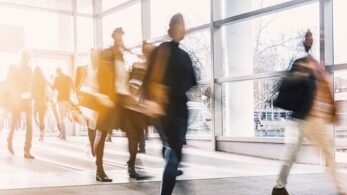
Academia in Motion: the University is making headway towards better academic practice
Leiden University is pressing ahead with Open Science and Recognition & Rewards! This is the key message of the new Academia in Motion steering group.
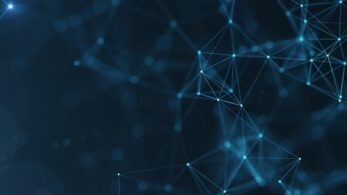
WARN-D: Your personal code yellow - orange - red
Imagine getting a notification on your mobile phone with your personal code for impending mental health problems or even depression: yellow, orange, or red. Science fiction? Not for scientist Eiko Fried. 'There is a real chance we can prevent some mental health problems before they occur.' Want to participate in his WARN-D(epression) research yourself? Register now!
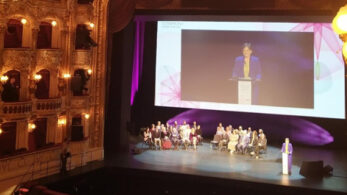
Heritage Quest project wins European Heritage Europa Nostra Award
Heritage Quest is a large-scale citizen science project in the field of archaeology that allows anyone to contribute to scientific research. It is the first large-scale archaeological citizen science project in The Netherlands and one of the few of its kind in the world. As part of the Cultural Heritage Summit 2022 in Prague, the winning projects were presented during a festive ceremony. Heritage Quest won an award in the Research category.
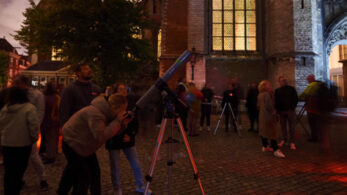
Seeing Stars: Jupiter steals the show in cloudy night skies
After months of preparation, the moment of truth had arrived: would the skies above Leiden clear for the promised glitzy planet-and-star show? The people of Leiden turned out in their hundreds to go star-hunting on 25 September. They became more aware than ever of the effects of light pollution.
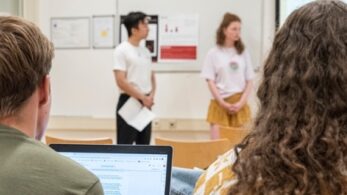
A more sustainable Leiden through citizen science
In the Leiden Municipality Challenge, 25 students investigated how Leiden could become more sustainable. In doing so, they enlisted the help of the city's citizens. 'When citizens themselves participate in the research process, they have a better understanding of how science works.'
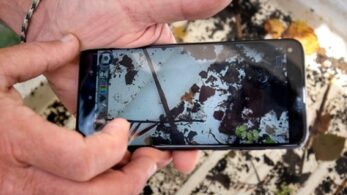
How to involve citizens in your scientific research
Inviting members of the public to help monitor wildlife, photograph plants or conduct samplings. These are some of the many examples of Citizen Science. It is increasingly recognized as effective and impactful for collecting data, but also for engaging the public in scientific research. In Nature reviews methods primer, a new guide for researchers in environmental and ecological sciences has been published for incorporating citizen science in their research.
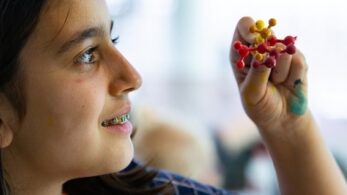
Kids become real scientists with Lil'Scientist
Children are perfect scientists: they are bursting with curiosity, they want to know how the world works and they go exploring every day. Yet many children barely get a chance to be engaged in science. A number of scientists from the Young Academy want to change that. They have received 150,000 euros from NWO to launch the Lil'Scientist project to give children a taste of real scientific research.
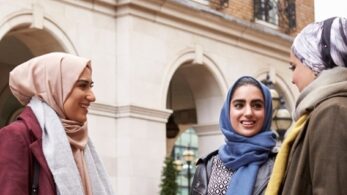
What can Europe learn from Islamic thought?
Islamic banking, freedom of religion, LGBTQ+ acceptance and education are topics that European Muslims find important for their future. These are the results of a survey by Professor of Islam and the West, Maurits Berger. The survey is the starting point of a citizen project in which Berger wants to work with Muslims and European colleagues.
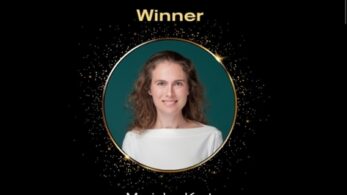
ERC Award for Mariska Kret bringing science to the zoo
Mariska Kret, Professor in Cognitive psychology has been awarded the European Research Council (ERC) Public Engagement with Research Awards 2022. Kret convinces the jury with 'RecognizeYourself - Bringing science to the zoo. Involving the public into the study of great apes emotions'.
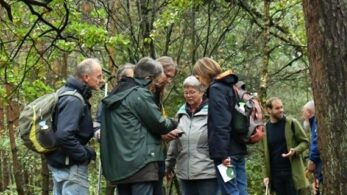
Citizen science project Heritage Quest wins European Heritage Award / Europa Nostra Award 2022
Gelderland Heritage and Leiden University’s Faculty of Archaeology have won the European Heritage Award / Europa Nostra Award 2022 in the ‘research’ category with the Heritage Quest citizen science project. ‘Heritage Quest has shown that citizens can play an active role in protecting cultural heritage by creating knowledge and that this can build lasting relationships among experts and the wider community.’
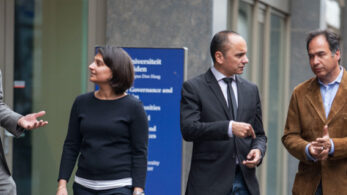
Researchers still reluctant to embrace transdisciplinary collaboration
Without scientific knowledge, we won’t be able to tackle the grand challenges of the 21st century: climate change, energy transition, social inequality and coronavirus, for example. Professor by Special Appointment of the Social Value of Science Laurens Hessels is therefore calling for more transdisciplinary collaboration. ‘Researchers are still reluctant to seek out such collaboration when this is the key to the wicked problems in society.’ Inaugural lecture on 24 June.
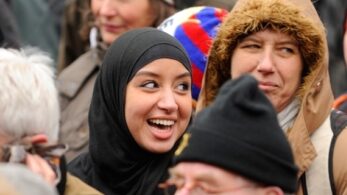
How do European Muslims see their future?
Professor of Islam and the West Maurits Berger wants to use citizen science to answer this question. On the futureofislam.eu website, he is inviting European Muslims to complete an anonymous survey about how they see their future and the role of Islam in this. He will present the first findings at the Euro Science Open Forum in Leiden.
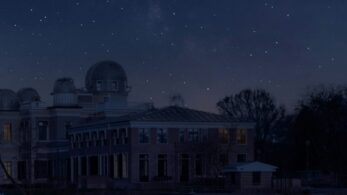
‘All of Leiden will join in with the Seeing Stars experiment’
What will happen if the lights in a large part of the city are switched off? How many stars can you see without all that light pollution? This is what researchers, artists and the residents of Leiden are going to investigate during Seeing Stars Leiden on 25 September. ‘Leiden is the ideal place for this experiment,’ says astronomer Frans Snik.
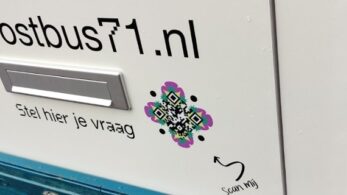
A call about: the Citizen Science Lab
Leiden is European City of Science in 2022 and this will be celebrated under the name Leiden2022. During Leiden2022, various activities will be organised, such as lectures, workshops, excursions and exhibitions. On the occasion of Leiden2022, Postbus 71 will be opened: the place to go if you have any questions about science. Margaret Gold, coordinator of the Citizen Science Lab, answered three questions about the Citizen Science Lab activities during Leiden2022.
